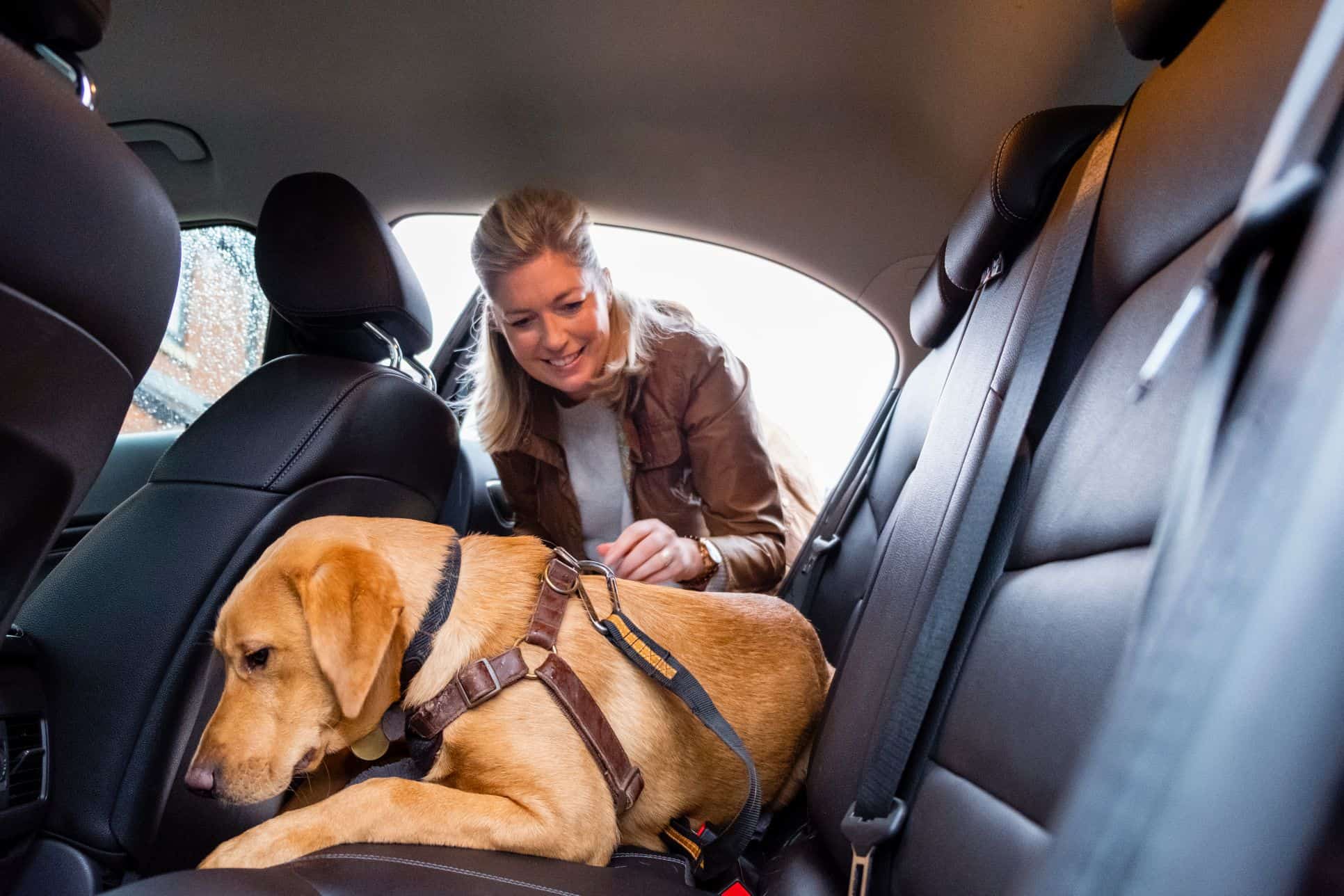
California offers a rich diversity of outdoor activities, plus, our own Lake Oroville State Recreation Area is a popular site for boating, camping, hiking, and fishing. If your pet enjoys exploring the great outdoors as much as you do, it’s important to be prepared in case you and your pet have a wildlife encounter.
At Oroville Animal Health Center, we want you and your pets to enjoy the beautiful fall season here in California, so we’ve gathered a few reminders for ways to practice outdoor pet safety now and year-round.
California Wildlife to Watch For
Our area is home to a variety of wildlife, including foxes, raccoons, deer, snakes, coyotes, bears, and mountain lions. When planning outdoor adventures with your pets, keep these concerns top of mind:
- Butte County is home to venomous rattlesnakes, and for that reason, outdoorsy dogs should receive the rattlesnake vaccine.
- Skunks, raccoons, and other local critters can carry leptospirosis, a serious disease that can spread to dogs through contact with urine-contaminated water or dirt. A leptospirosis vaccine is available.
- Fleas, ticks, and mosquitos may be small, but they can cause big problems for pets. These tiny pests not only cause skin irritation, but they can also transmit Lyme Disease, West Nile Virus, and heartworms. Practice proactive prevention by keeping your pet up to date on vaccinations and parasite control through regular wellness examinations.
- Small pets can fall prey to coyotes and shouldn’t be left outside unsupervised, particularly at night.
- Mountain lions live in the mountains and foothills of Butte County, so those in rural areas should supervise pets when outdoors, especially at night.
- Black bears inhabit many areas in California. If traveling to bear country with your dog, keep your dog on a non-retractable leash, and always carry bear spray.
More Outdoor Pet Safety Tips
- Do not leave pets unattended when camping, fishing, or spending time in outdoor areas where wildlife is common.
- Follow all leash rules for the park or area you’re visiting.
- Feed pets indoors. If you have pets that must be fed outdoors, remove dishes as soon as possible once your pet is finished.
- Avoid walking your dog after dark in wildlife-prone areas.
- Secure your pet indoors or another safe place if you suspect there is a wild animal nearby.
- Thoroughly clean up your campsite or other area after eating, and keep foods in tightly sealed containers.
- Carry pet waste bags and clean up after your pet immediately.
- Do not allow your pet to chase a wild animal.
- If you come across a wild animal, slowly and calmly guide your dog away.
To Report an Incident
If your pet becomes injured by a wild animal, or if you spot an injured or sick wild animal, you can file a report with the California Department of Fish and Wildlife.
We can coexist peacefully with wildlife when we respect Mother Nature and exercise caution. Contact us at (530) 533-7513 for more tips regarding outdoor pet safety or to schedule your pet’s wellness visit.
